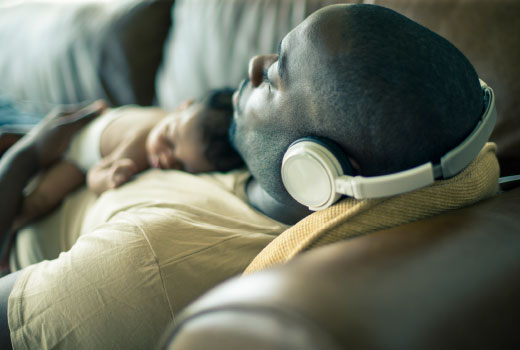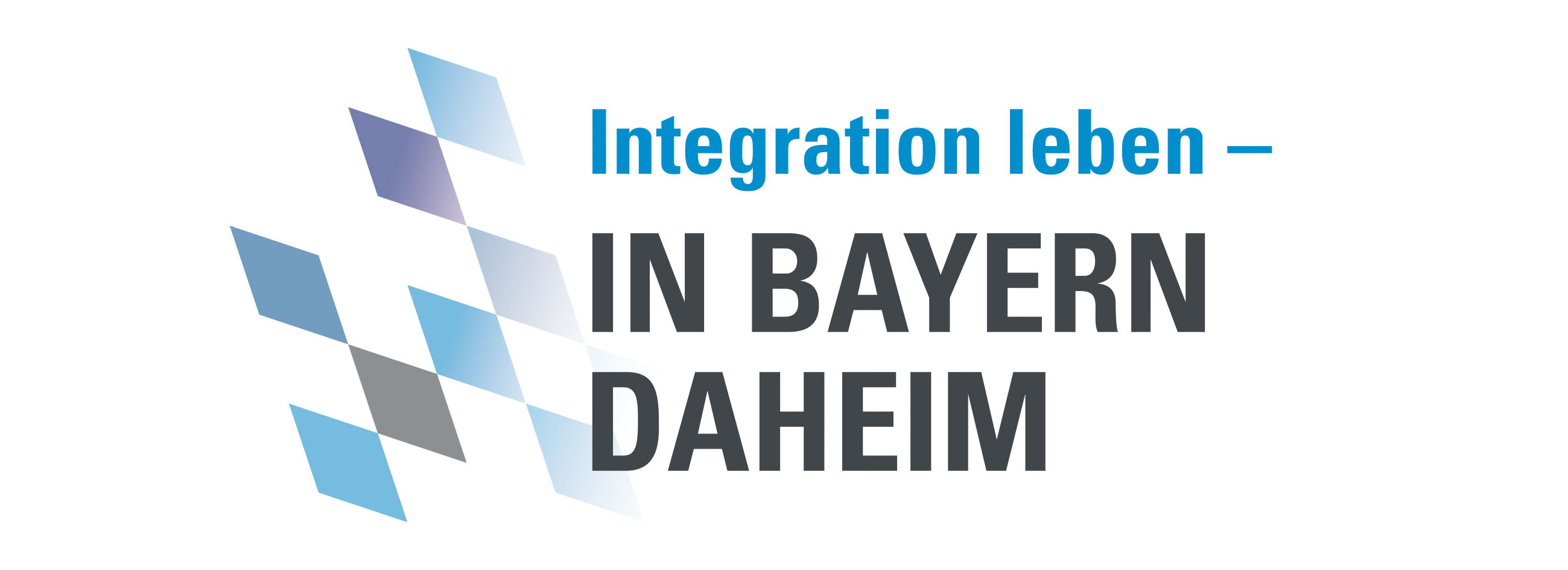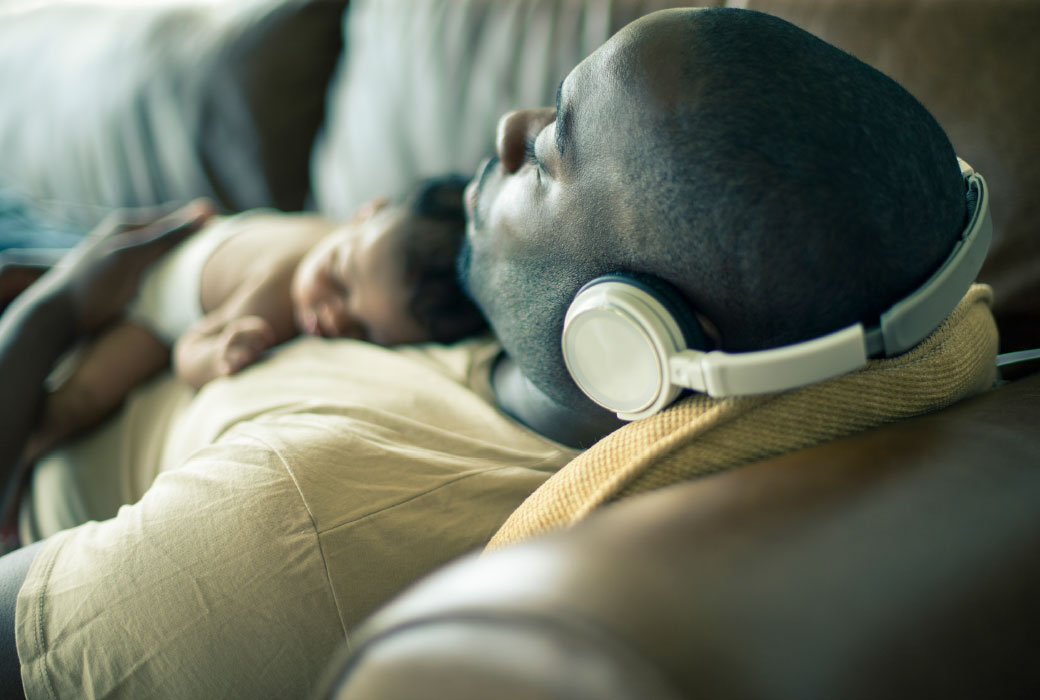
Main content
Men in Bavaria
Inhaltsverzeichnis
The equal rights of men and women in society and before the law are an achievement. They mean greater freedom and more choices for everybody. It is good to know certain rules of conduct between men and women.
Equal rights and the role of the man
Everyone is equal before the law. Equality means that nobody faces discrimination on the basis of their gender, skin colour, religion or sexual orientation. It goes without saying that people with disabilities also have the same rights as those with no disabilities. All forms of discrimination are illegal.
Gender equality is a basic right. Women and men have the same rights and enjoy the same freedoms. If, for example, a man treats a woman disrespectfully or threatens her, he is breaking the law and rules of society. He may be liable to prosecution.
The image of men in the past and today
The role of the man has changed in recent decades, just as it has for women. Today men are no longer automatically the sole breadwinners. They no longer make lone decisions about family matters. Men wield no power over women. Not only the law requires non-violence; people are committed to it and behave accordingly.
In a relationship, the man and woman make all important decisions together. Both genders participate in all areas of life with equal rights, whether career, family or social life.
Men also have more opportunities
Men also benefit from equal rights. The classic role of sole breadwinner is no longer necessarily expected of them. Very often, both partners go to work. In Germany, both mothers and fathers can take parental leave to look after and raise their children. They still retain their jobs in the meantime.
Both sexes can choose a career that suits their interests. This is also part of equal rights. The freedom of choice means more opportunities for everyone.


How men live here
Men and women share daily tasks. Many women return to part-time and full-time jobs after taking parental leave. In return, men take on more duties around the home and in the area of raising the children. Each family makes individual arrangements that suit their needs. Both parents can also reduce their working hours so that mother and father are equally there for their children. Or the father assumes the role of house husband and the woman works full-time.
Women and men have equal rights. This means that their lifestyles are similar in many areas. Women live alone, play sport in public and go out with male and female friends and acquaintances. Friendship between women and men is normal. Women also go out alone or in groups in the evening and at night. A woman can talk to men as well as dance, laugh and flirt.
Marriage and living together
Every person can freely decide how they wish to live. Most young people move out of the family home once they are grown up. They don’t have to marry to set up their own home and have children. Every woman and every man is free to decide the person with whom they enter into a partnership. In practice, when they get to a certain age, many people choose to live in secure, often lifelong relationships, with or without children, with or without a marriage certificate. Same-sex couples can also live together and marry. In addition, there are marriages and relationships between people of different nationalities and religions.
All people are free to express their sexuality, as long as they respect the wishes of their partner and do not break any laws. Nobody is allowed to force another person to have sex. Non-consensual sex is also illegal within a marriage and can be reported as rape, leading to prosecution.
Women have the right to self-determination and freedom of expression. Nobody can tell them what to think or say. This also means that a woman can say no whenever she doesn’t want something. Men must accept this.

This portal is intended for women and men. Of course, there are also people who cannot or do not want to classify themselves as "women" or "men". Of course, the information on this page is also intended for them. Intersexuality is also legally recognized in Germany and Bavaria as a variant of gender development: Since the end of 2018, people who cannot be permanently assigned to either the male or female gender can choose the entry "diverse" for their gender in the birth register.





